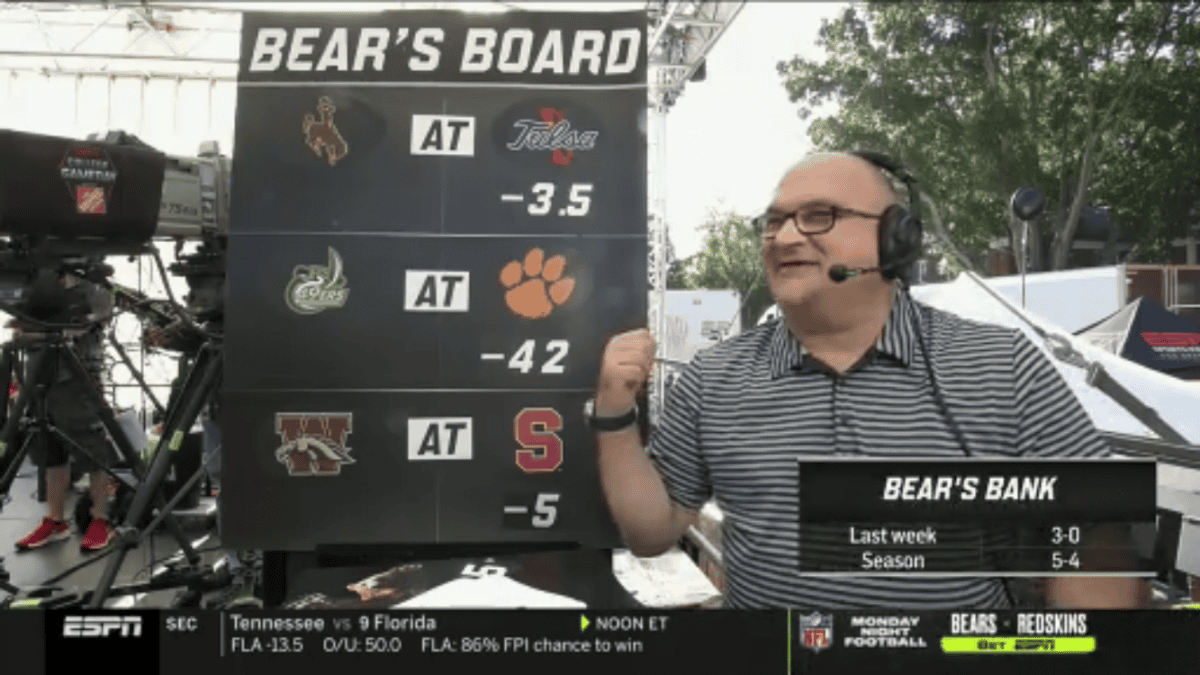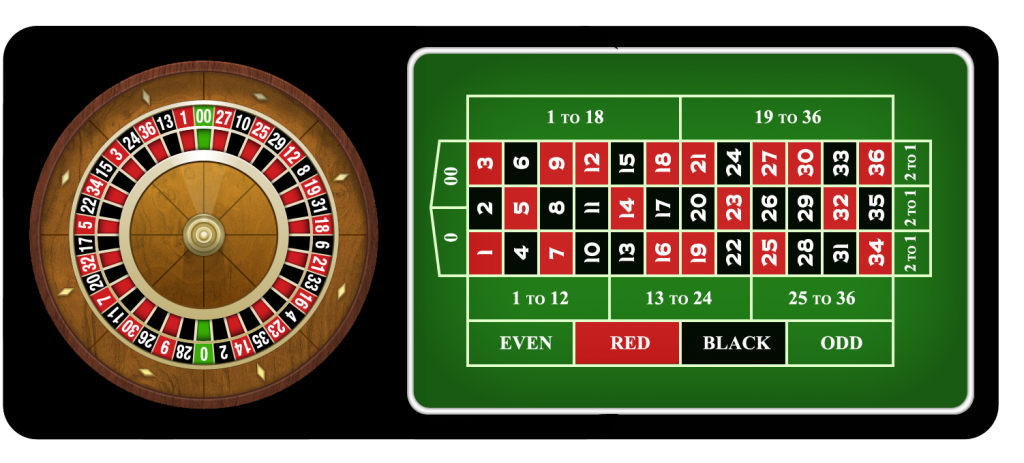by John Walters
The following is a recent announcement I posted for my class at Arizona State. Since we are a sports class, I felt that we needed a team name so earlier in the course I dubbed us the Hippos. Hence the hippo reference.
Random Hippo: “This course isn’t completely awful, but I really wish Professor Walters would drop some practical knowledge on us. Something we’ll actually use in life.”
Alrighty then. Let’s talk about the vigorish, or as it is better known among gamblers, “the vig.”
Now, a fair number of you are laughing at this. You’re saying, “Everyone knows what the vig is, Professor Walters.” And yet I’m willing to wager (versus those of you who know what a vig is), that a greater number of you have no idea what the vig is.
The vig, as every gambler knows, is the house’s 10%.
This is how actual sports gambling works. If you bet $100 on a game and win, you win $100 (thus, you get your $100 stake back plus $100 more). However, if you bet $100 on a game and lose, you lose $110. That 10% is why sports gambling, on a long-term basis, is a sucker’s bet.
If you win 50% of the action (i.e., the games you wager on), you will be down 10% of the total amount that you have wagered. That assumes you wager the same amount on every bet, which almost no one does, but we’ll get to that later.
The vig is the reason that bookies are by and large wealthier than gamblers. The vig is why reformed gamblers become bookies. They realize being a bookie is the only sure bet.
Vigorish, by the way, is a Yiddish slang word that means “gains, or winnings.”
If you’re simply playing the Squares game at a Super Bowl party or making a friendly bet because you’re from Buffalo and your pal is from Boston and the Bills are playing the Pats, that’s all fine. No worries.
Sports books, however, or gambling sites, prey on people like many of you, though. Here’s our factors that make you such easy prey:
1) They know that a lot of sports fans are incredibly passionate about the games and not a few of them think they know more than the average Joe about sports (most addicted gamblers have higher IQs).
2) The appeal of easy money is extremely seductive.
3) Betting (and someone who bets is a “bettor,” not a “better”) literally creates a chemical rush. The anxiety is its own high and bettors will tell you that just plain cheering for your favorite team will not approach the feeling you have when you have money on the game. That rush is addictive, just like alcohol or painkillers, etc.
4) Finally, the spread.
Let’s talk about the spread. If the Chiefs are hosting the Lions and the only issue is who will win, most of us are going to be smart enough to bet on the Chiefs. And we will win. But that is not how sports gambling works. Either you bet the spread or the money line (we wont’ worry about the money line here). The spread is a given number of points that the bookies decide a favorite must win by.
Thus, for our Lions at Chiefs game, let’s say the spread is minus-18 for the Chiefs. This means that the Chiefs must win by 19 points for your bet on the Chiefs to pay off. You can bet on the Lions and if they lose 34-17 you win.
This is what is very important for you to understand about bookies: they don’t care who wins. All they care about is that just as much money is bet on the Lions as is bet on the Chiefs. The spread is how that happens. Vegas attempts to calibrate at what point the spread must be for just as much money to be bet on the Lions covering the spread (losing by less than 18) as the Chiefs (winning by more than 18).
Why is that? Because of the vigorish! If $5 million is bet on the Lions and $5 million is wagered on the Chiefs, the bookie winds up making a $500,000 profit. Why? Because he paid out $5 million in winnings but he made $5,500,000 off the losers (their bets + 10%).

I’m friends with Chris Fallica (oooh, look at Prof Walters with the name drop), better-known as Bear to you ESPN college football fans. Last season, for my weekly college football column for The Athletic, I asked Bear to track his weekly “Bear’s Picks” over the course of the entire season. Understand, Bear makes very good money as ESPN’s college football betting guru, that he peers at stats and other information all week long before making his three weekly picks.
At season’s end, if I remember correctly, Bear had won 51% of his games. In order simply to break even as a gambler (again, assuming you bet the same amount on every game, which no one does), you’d need to win 52.5% of your bets.
The bookies know. The vig is what makes them rich. Not being able to decide which team will win. They always want equal amounts of money bet on either team (and if too much money is bet on one team, they’ll adjust the spread for those who have not yet made bets).
Finally, many of you have been to Las Vegas. Or Reno. You’ve seen a roulette table. You’ve wondered, what if I just kept putting my chips on Red or Black, on Even or Odd. Surely I’ve got a 50% chance here to win, no?

No. Those two green numbers at the top of the roulette table (0 and 00) change the odds from 50/50 to 47.5/47.5/5.
And that 5% might not mean much for one roll of the roulette wheel. But over the course of a year, and millions of rolls in any single casino, that is why casinos look like they do and your 2004 Mazda looks like it does.
The house always wins. Long-term. The odds are in their favor.
Have fun betting on sports, or in Vegas. Just remember that it’s a diversion, not an occupation.
A bettor has to bet $110 (at even odds) to win $100. A loser of the same bet loses all $110. So the house gets at least $10 either way. Your statement that “If you bet $100 on a game and win, you win $100 (thus, you get your $100 stake back plus $100 more)” is thus just a bit off.
Yes, you are correct.
Have you ever thought about publishing an e-book or guest authoring oon other websites?
I have a blog centered onn the same information you discuss and would
lovce to have you share some stories/information. I know
my subscribers would appreciate your work. If you’re even remotely interested, feel
free to shoot me an e-mail.